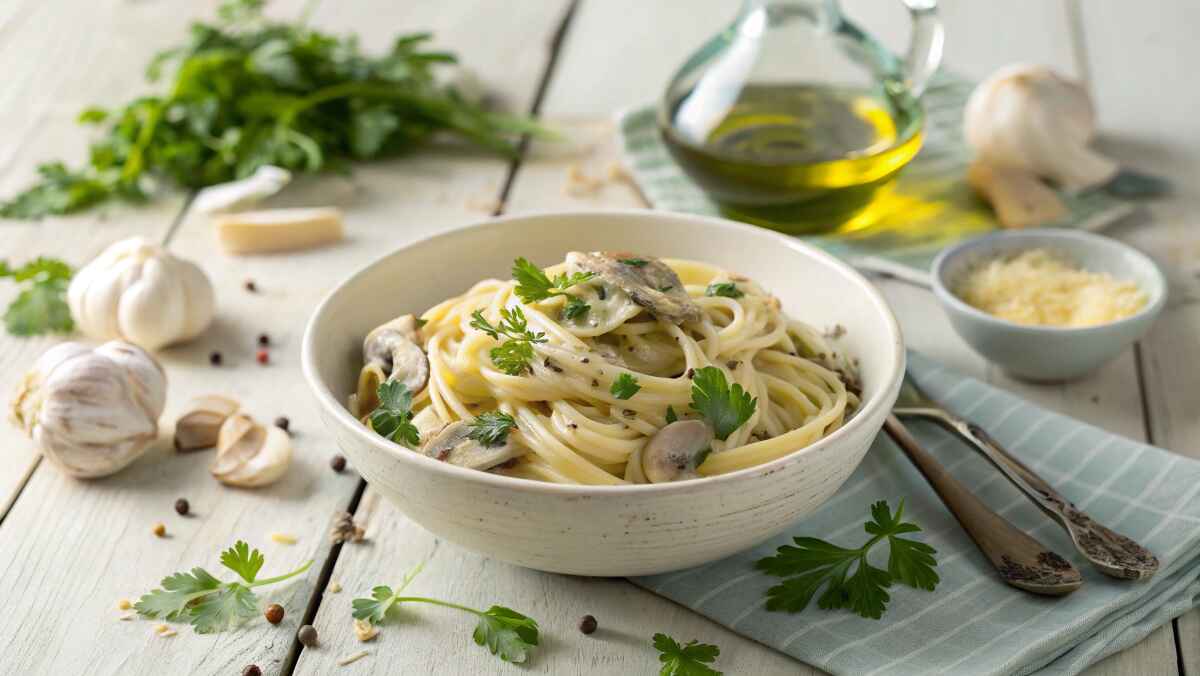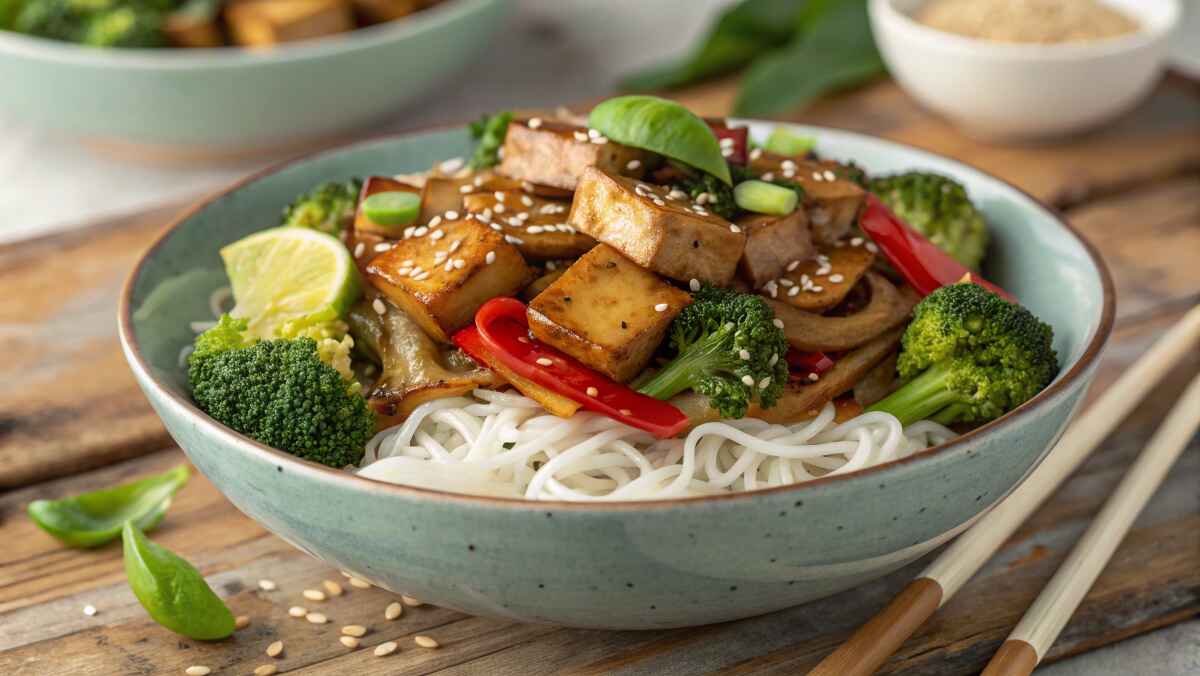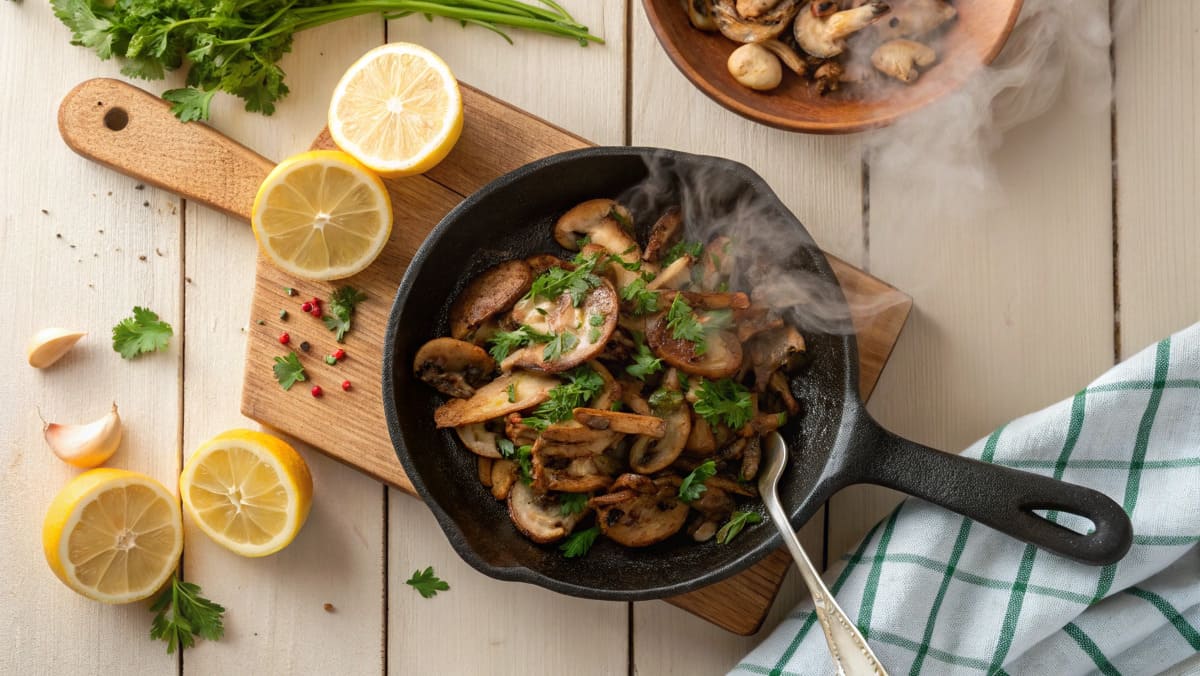Following a halal diet while adhering to a ketogenic lifestyle might seem challenging at first. Many classic recipes, such as meatloaf, traditionally contain non-halal ingredients or are carb-heavy, making them unsuitable for these dietary needs. However, there’s no need to compromise—this halal keto meatloaf recipe offers the perfect balance of flavor, nutrition, and compliance.
Not only does it deliver the comforting, savory flavors of traditional meatloaf, but it also ensures that every ingredient is halal and low-carb. Whether you’re preparing a weeknight family dinner, hosting guests, or meal-prepping for the week, this versatile, wholesome dish is a satisfying option for everyone at the table.
Why Choose Halal Keto Meatloaf?
Halal keto meatloaf isn’t just another low-carb dish—it’s a fusion of two essential lifestyle choices, combining the principles of halal eating with the health benefits of a ketogenic diet. Here’s why it deserves a regular spot on your meal plan:
1. Fully Halal Ingredients
Every component of halal keto meatloaf complies with halal dietary laws, ensuring it meets both religious and health-conscious standards. Choosing halal ingredients not only guarantees adherence to Islamic principles but also aligns with a commitment to ethical, wholesome food choices.
2. Halal-Certified Proteins
The choice of protein is the foundation of any meatloaf recipe. For halal keto meatloaf, you can use a variety of halal-certified meats, including:
- Beef – A classic meatloaf staple with a rich, hearty flavor.
- Lamb – Perfect for those who prefer a bolder, aromatic taste.
- Chicken or Turkey – Leaner options that work well with the right seasonings.
To meet halal standards, these meats must come from animals that were raised, handled, and processed according to Islamic guidelines, including the tasmiya (prayer) during slaughter. This meticulous process ensures purity, ethical treatment, and high-quality meat.
For those interested in exploring different halal meat cuts, check out our guide on chicken drumsticks vs. legs to see how they compare in texture, flavor, and cooking versatility.
Avoidance of Non-Halal Additives
In addition to the choice of protein, halal keto meatloaf excludes any ingredients that may violate halal dietary laws. This means:
- No Alcohol-Based Marinades: These are common in many traditional recipes but are avoided here. Instead, natural acids like lemon juice or vinegar are used to tenderize and enhance flavor.
- No Non-Halal Gelatin: Some recipes may call for gelatin-based binders, but halal keto meatloaf opts for alternatives like flaxseed meal or almond flour.
- No Artificial Flavorings or Additives: Any ingredient with uncertain origins, such as artificial flavorings or emulsifiers, is excluded to ensure compliance.
By steering clear of questionable ingredients, this recipe ensures every bite aligns with halal principles while maintaining a clean, natural flavor.
Ethical and Wholesome Choices
Halal keto meatloaf isn’t just about adhering to dietary laws—it’s also about embracing a philosophy of clean eating. Using high-quality, halal-certified products means you’re prioritizing:
- Nutritional Integrity: Halal meats are often free from antibiotics and hormones, offering a purer, more natural protein source.
- Ethical Practices: Halal slaughtering methods emphasize animal welfare, ensuring the process is humane and respectful.
- Cultural Connection: Preparing halal recipes is a meaningful way to honor your values and share a piece of your culture with others.
This focus on wholesome, ethically sourced ingredients not only enriches the flavor of the dish but also provides a deeper sense of satisfaction. Knowing that your food aligns with both your faith and your health goals makes every bite more fulfilling.
Why It Matters
For individuals who care deeply about what they eat, the commitment to fully halal ingredients provides peace of mind. You can feel confident knowing that your meal is aligned with your values, free of anything haram (forbidden), and crafted with care.
By choosing halal keto meatloaf, you’re not just making a meal—you’re making a conscious choice to support ethical and sustainable practices while nourishing your body.
2. A Low-Carb Approach Without Compromise
Traditional meatloaf recipes often use high-carb fillers like breadcrumbs, oats, or crackers to hold the ingredients together. While these may be effective, they are not suitable for a ketogenic lifestyle. Thankfully, halal keto meatloaf eliminates these carb-heavy elements by substituting them with innovative, keto-friendly alternatives.
Keto-Friendly Binders for Halal Meatloaf:
- Almond Flour: A mild, versatile option with only 2-3 grams of net carbs per ¼ cup. It provides excellent structure while keeping carbs low.
- Coconut Flour: A slightly sweet and absorbent alternative, coconut flour works well in small amounts to maintain the texture of the loaf.
- Flaxseed Meal: Packed with fiber and omega-3 fatty acids, flaxseed meal adds a nutty flavor while enhancing the meatloaf’s nutritional profile.
These substitutions allow you to enjoy a dish that’s hearty, flavorful, and satisfying without compromising your ketogenic goals.
3. Versatile and Customizable
One of the greatest strengths of halal keto meatloaf is its adaptability. With just a few tweaks, you can adjust the recipe to cater to your personal tastes or those of your family.
Creative Ways to Customize Your Halal Keto Meatloaf
One of the best things about halal keto meatloaf is its versatility—you can easily tweak the flavors and ingredients to match your personal taste preferences. Here are some creative ways to customize your meatloaf while keeping it halal and low-carb:
🔥 Add a Spicy Kick
Love a bit of heat? Try incorporating:
✔ Chili flakes for a subtle warmth
✔ Cayenne pepper for bold spice
✔ Diced green chilies for a fresh, fiery bite
🌿 Experiment with Fresh Herbs
Herbs add depth and complexity to your meatloaf. Consider mixing in:
✔ Parsley for a bright, refreshing touch
✔ Cilantro for a hint of zest
✔ Mint for a cooling contrast, great with lamb
✔ Thyme for an earthy, aromatic note
🧀 Cheese Lovers’ Delight
For a gooey, indulgent touch, add halal-certified cheese, such as:
✔ Mozzarella – for a mild, melty texture
✔ Cheddar – for a sharp, bold flavor
✔ Parmesan – for a salty, umami-packed boost
🌍 Mediterranean Inspiration
For a regional twist, infuse your meatloaf with:
✔ Ground lamb for a rich, traditional base
✔ A splash of lemon juice to brighten flavors
✔ Warm spices like cinnamon or allspice for depth and warmth
Because of its adaptability, halal keto meatloaf never feels repetitive, making it an excellent choice for weekly meal rotations or special occasions.
🔥 Looking for more versatile ideas? Explore other keto-friendly main dishes to keep your low-carb meals exciting and delicious!
4. Perfect for Meal Prep and Busy Lifestyles
Halal keto meatloaf isn’t just a satisfying dinner—it’s also a lifesaver for those with packed schedules. Thanks to its rich flavors and nutrient-dense ingredients, it makes for an ideal meal-prep option.
Why It Works for Meal Prep:
- Freezes Well: After baking, slice the meatloaf into individual portions, wrap them tightly, and freeze for up to three months. This ensures you always have a ready-to-eat meal on hand.
- Reheats Well: Whether you use a microwave, stovetop, or oven, the meatloaf retains its flavor and texture when reheated.
- Versatile Leftovers: Crumble slices into a salad, pair them with cauliflower mash, or layer them in a low-carb wrap for creative meals.
🥩 A Nutritional Powerhouse
Halal keto meatloaf isn’t just a convenient meal—it’s packed with essential nutrients that fuel your body and support your health goals. Every ingredient is carefully chosen to maximize both flavor and nutrition, making this dish a staple for a balanced halal keto diet.
💪 High-Quality Protein
Ground meats like beef, chicken, or lamb provide essential amino acids that:
✔ Support muscle repair and growth
✔ Strengthen the immune system
✔ Keep you feeling full and satisfied
🥑 Healthy Fats for Ketosis
Using fatty cuts of meat ensures the dish is rich in healthy fats, which:
✔ Provide a steady energy source
✔ Help maintain a state of ketosis
✔ Support brain function and overall well-being
🌾 Fiber-Rich Binders
Instead of traditional breadcrumbs, halal keto meatloaf uses low-carb alternatives like:
✔ Almond flour – a great source of healthy fats and fiber
✔ Flaxseed meal – supports digestion and gut health
These ingredients hold the loaf together while also keeping you fuller for longer.
🥕 Micronutrient Boost
Adding fresh herbs, spices, and vegetables enhances the dish’s vitamin and mineral content, providing:
✔ Antioxidants for immune support
✔ Essential minerals for energy production
✔ Aromatic depth that elevates the flavor profile
🔥 Looking for more nutrient-dense meals? Check out these keto-friendly dishes packed with essential nutrients!
Step-by-Step Recipe: Halal Keto Meatloaf

Ingredients:
- 1 lb halal-certified ground beef
- 1 lb halal-certified ground chicken or lamb
- ½ cup almond flour or 2 tbsp coconut flour
- 1 small onion, finely diced
- 2 cloves garlic, minced
- 1 large egg (optional for binding)
- 1 tsp ground cumin
- 1 tsp paprika
- ½ tsp salt
- ½ tsp black pepper
- ¼ cup sugar-free ketchup or spiced tomato paste (for glaze)
Instructions:
- Preheat the Oven: Set your oven to 350°F (175°C). Line a loaf pan with parchment paper or lightly grease it with olive oil.
- Combine Ingredients: In a large bowl, mix the ground meats, almond or coconut flour, onion, garlic, egg, and spices. Mix gently until just combined.
- Shape the Meatloaf: Transfer the mixture into the prepared loaf pan, smoothing the top evenly.
- Add the Glaze: Spread sugar-free ketchup or tomato paste mixture evenly on top of the loaf.
- Bake: Bake for 50-60 minutes, or until the internal temperature reaches 160°F (71°C).
- Rest and Slice: Let the meatloaf rest for 10-15 minutes before slicing.
Final Thoughts: Enjoying Halal Keto Meatloaf and More
Halal keto meatloaf is a perfect example of how dietary restrictions don’t have to mean sacrificing flavor, texture, or creativity. By carefully selecting halal-certified proteins, low-carb binders, and healthy fats, you can create a dish that is not only compliant with your dietary needs but also delicious and satisfying.
This meatloaf is more than just a meal—it’s a versatile comfort food that fits seamlessly into your keto lifestyle, whether you enjoy it fresh out of the oven, as leftovers, or even repurposed into new dishes. Plus, with customizable seasoning options, you can easily adapt it to suit your personal tastes.
The halal keto diet offers an abundance of flavorful, nutrient-dense options that make healthy eating both enjoyable and sustainable. Whether you’re just starting your journey or looking for new meal ideas, there are endless ways to explore and experiment with low-carb halal recipes.




